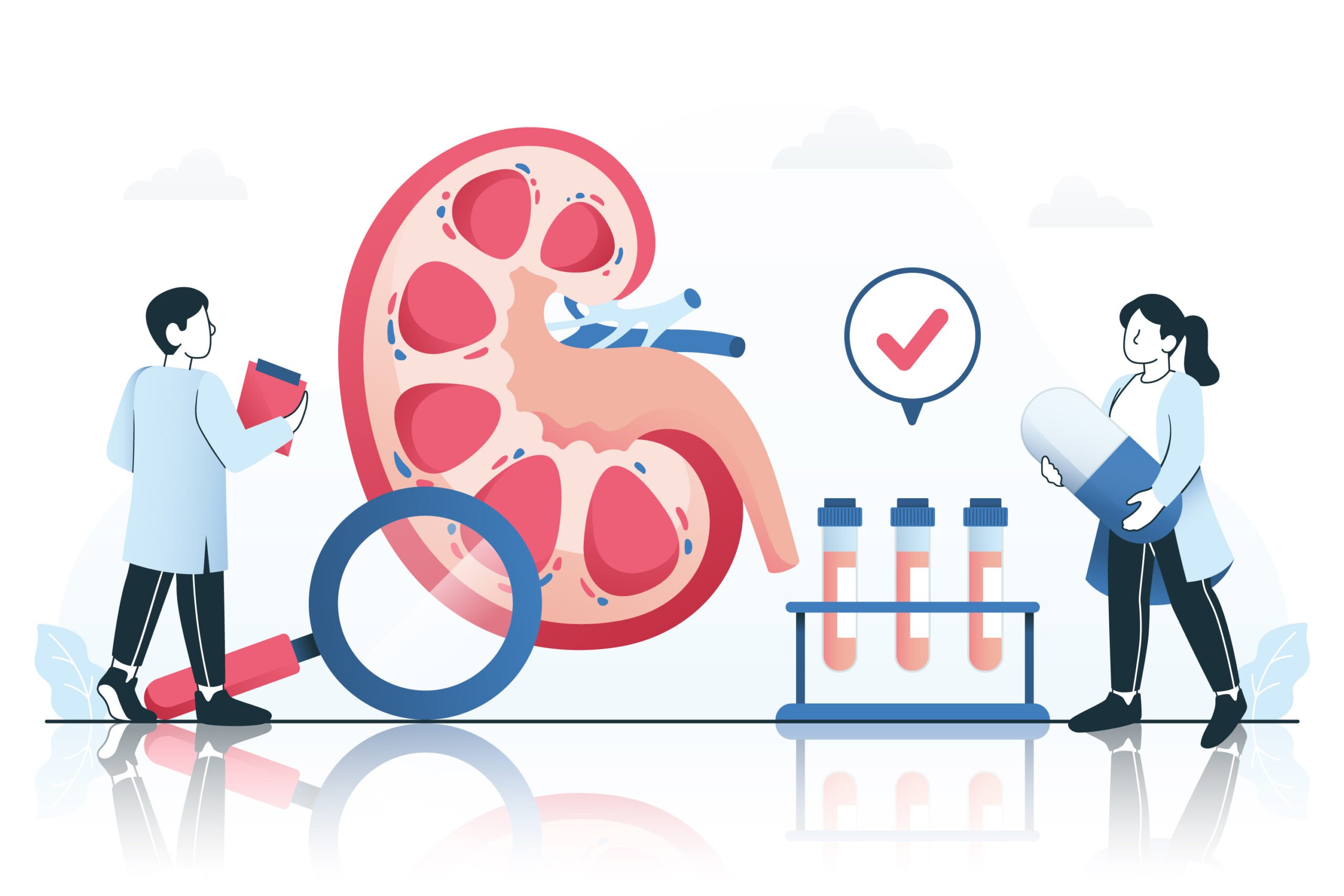Guard Your Health: Kidney Disease Prevention Tips
Kidney health is a vital aspect of overall well-being that often goes overlooked until problems arise. The kidneys play a crucial role in filtering waste and excess fluids from the blood, maintaining the body’s electrolyte balance, and regulating blood pressure. To ensure your kidneys continue to function optimally, it’s essential to take proactive steps to prevent kidney disease. In this article, we’ll explore a comprehensive guide to kidney disease prevention, providing you with valuable insights and tips to safeguard your health.
 Image by Freepik
Image by Freepik
Understanding Kidney Disease
Before delving into preventive measures, it’s important to grasp the basics of kidney disease. Kidney disease can be acute or chronic, resulting from various factors, such as high blood pressure, diabetes, infections, and genetic predisposition. When kidney function is compromised, waste and excess fluids accumulate in the body, leading to a range of health issues. Chronic kidney disease (CKD) is particularly concerning, as it can progress silently until it reaches advanced stages.
What is Chronic Kidney Disease?
Chronic Kidney Disease is a progressive condition where the kidneys lose function over time. This condition is divided into five stages, with the final stage, known as End-Stage Renal Disease (ESRD), requiring dialysis or a kidney transplant for survival.
Kidney Disease Prevention Tips
Now that we have a basic understanding of kidney disease, let’s dive into practical prevention tips:
1. Maintain a Balanced Diet
A balanced diet is essential for kidney health. Focus on consuming foods low in sodium, potassium, and phosphorus. Incorporate plenty of fresh produce, lean proteins, and whole grains into your diet. Staying hydrated by drinking enough water is also vital.
2. Control Blood Pressure
High blood pressure is a major contributing factor to the development of kidney disease. I will ensure that the text is free of spelling, grammar, and punctuation mistakes. Regularly monitor your blood pressure, and if it’s elevated, work with your healthcare provider to manage it through medication, lifestyle changes, or both.
3. Manage Diabetes
Diabetes is another condition closely linked to kidney disease. If you have diabetes, keeping your blood sugar levels within a healthy range is crucial. This can significantly reduce the risk of kidney complications.
4. Avoid Over-the-Counter Painkillers
Certain over-the-counter pain medications, like NSAIDs, can harm your kidneys if taken regularly. Limit their use and always follow the recommended dosages.
5. Stay Active
Regular physical activity helps maintain a healthy weight and promotes good blood circulation. Aim to engage in at least 150 minutes of moderate-intensity exercise every week. Please ensure that you follow the right spelling, grammar, and punctuation while drafting your plans.
FAQs
Let’s address some common questions about kidney disease prevention:
Q1: Can kidney disease be hereditary?
While genetics can play a role, lifestyle choices often have a more significant impact on kidney health. However, if kidney disease runs in your family, it’s crucial to be extra vigilant about prevention.
Q2: How often should I get my kidney function checked?
If you’re at high risk due to underlying conditions like diabetes or hypertension, annual check-ups are recommended. Otherwise, every 2-3 years is usually sufficient.
Q3: Are herbal supplements safe for kidney health?
Some herbal supplements may have potential benefits for kidney health, but it’s essential to consult with a healthcare professional before taking any supplements to ensure they won’t harm your kidneys.
Q4: Can drinking alcohol in moderation affect kidney health?
Moderate consumption of alcohol is usually not damaging to the kidneys. I have not found any spelling, grammar, or punctuation errors in the original text. However, excessive alcohol intake can lead to various health issues, including kidney problems.
Q5: What role does smoking play in kidney disease?
Smoking can worsen kidney function and is a risk factor for CKD. Quitting smoking is one of the best ways to improve your kidney health.
Conclusion
In conclusion, guarding your health against kidney disease is a proactive and essential step in maintaining overall well-being. By adopting a healthy lifestyle, managing underlying health conditions, and making informed choices, you can significantly reduce your risk of kidney disease.
Remember that early detection and prevention are key, so prioritize regular check-ups and consult your healthcare provider for personalized guidance. Your kidneys play a vital role in your health, and by following these prevention tips, you can ensure they continue to serve you well.




